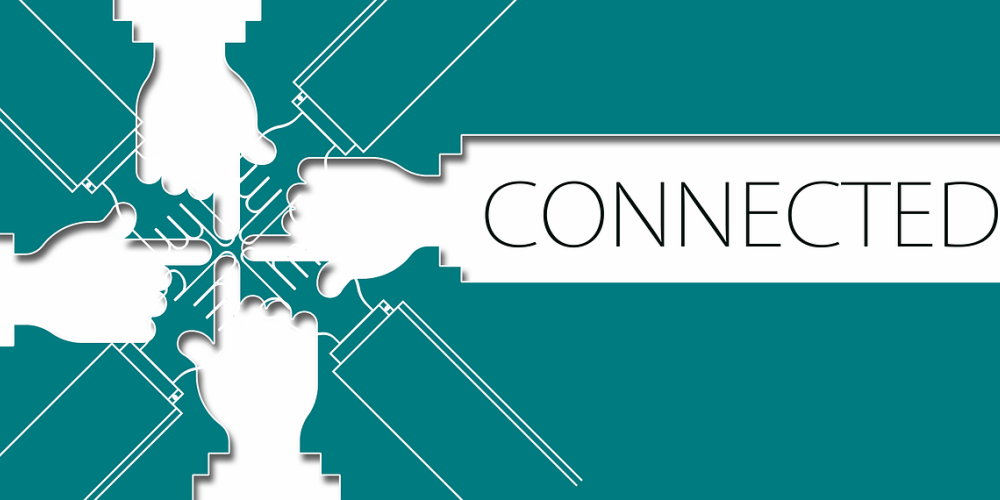
The launch of 5G networks is a few years off. But once cellular network operators get 5G up and running, this technology will provide a great platform for medical applications, says Ericsson. And those applications, the infrastructure supplier says, will drive the transformation of the health care industry and of patient care.
Ericsson’s ConsumerLab report From Healthcare to Homecare, released last month, lays out the potential benefits 5G networks and applications could deliver.
The report is based on the results of online surveys with 4,500 smartphone/mobile broadband users. Those surveyed were between the ages 18 and 69 at the time of the study, which took place in February. They were located in Germany, Japan, South Korea, the U.K., and the U.S.
The study also relied on input from 900 decision makers across the health care, insurance, medical technology, and telecommunications service provider industries. And it collected and reported on the views of app developers and aggregators, and government regulatory bodies, in the same countries.
Ericsson in the study notes that 5G networks will be capable of supporting such applications as remote monitoring through medical-grade wearables, virtual doctor-patient interactions, and remotely operated robotic surgery. The company in this study – and during a recent presentation at Kings College London – provided a list of the potential benefits of 5G networks and applications.
Those Ericsson efforts included suggestions that:
- wearables will enable consumers to take more control over their health care;
- that online consultations supported via 5G will reduce “painful” patient wait times;
- that connected health care supported by 5G will make better doctors and health care available to more people, regardless of location; and
- that 5G will make centralized patient records more accessible, leading to more efficiency and better outcomes.
Here are some specific statistics from the study:
- 47 percent of telecom decision makers say that secure access to an online central repository of medical records is a key challenge and expect 5G to address this.
- 45 percent of cross-industry experts consider the central repository as a breakthrough in healthcare provisioning.
- 39 percent of chronic patients prefer online consultations to face-to-face meetings.
- 35 percent of consumers say that online access to a central repository of medical records will help them more easily manage the quality and efficiency of their care, and
- 35 percent of cross-industry decision makers expect 5G to provide reliable low-latency connections.
In a separate study, Darrell M. West, vice president and director of governance studies and founding director of the Center for Technology Innovations at Brookings, noted that connected medicine will help people get quality care through improvements in imaging, diagnostics, and treatment. And he said that 5G will take connected medicine to an entirely new level.
“Rather than having computing equipment that is disparate and separate, the 5G world will allow us to enter an era where real-time health services will become the norm rather than the exception,” West wrote in the paper “How 5G technology enables the health internet of things,” which was published in July of 2016.
“Some mission-critical medical functions require high reliability and availability with latency intervals that are down to a few milliseconds,” he added. “5G will make this possible and bring consistent, reliable user experiences to improve medical care.”
5G is expected to allow for connectivity speeds of up to 10 gigabits per second – providing parity with wireline speeds. It will also include the ability to support a larger number of devices (like millions or billions of them). And it will allow for ultra reliable low latency communications.
Edited by
Ken Briodagh